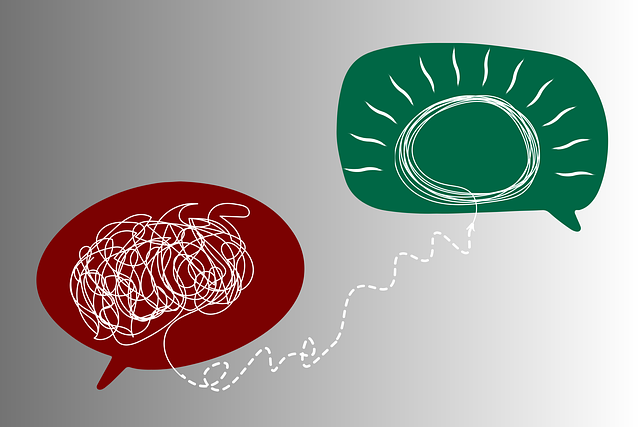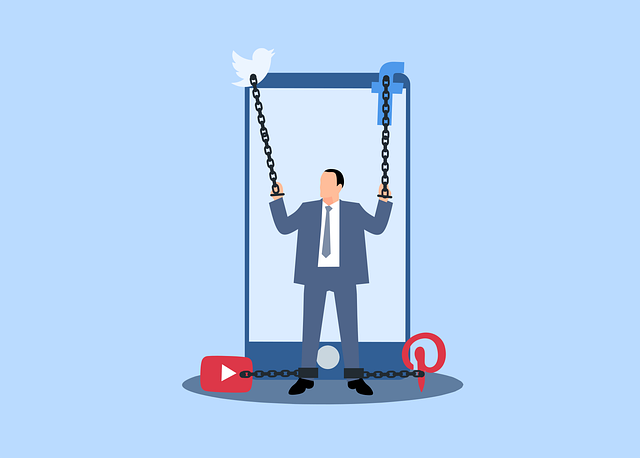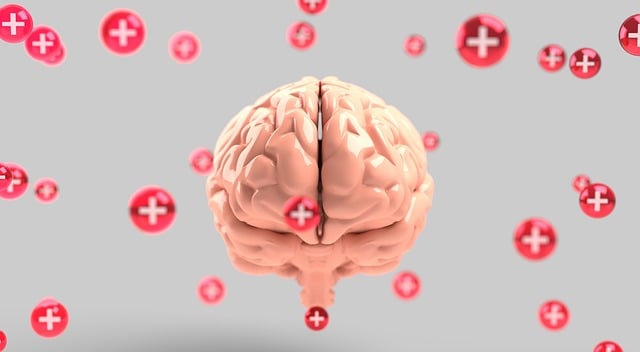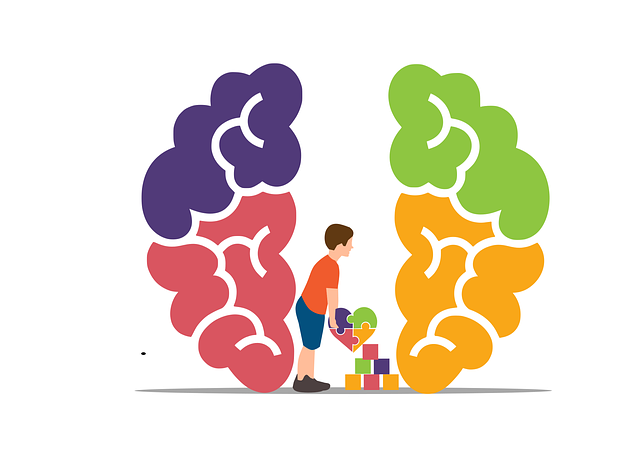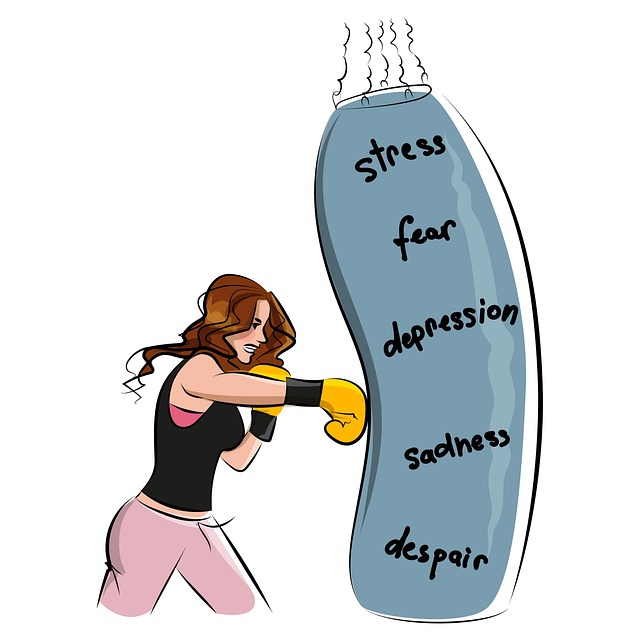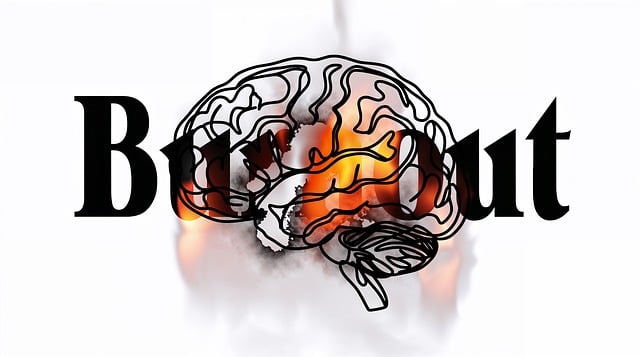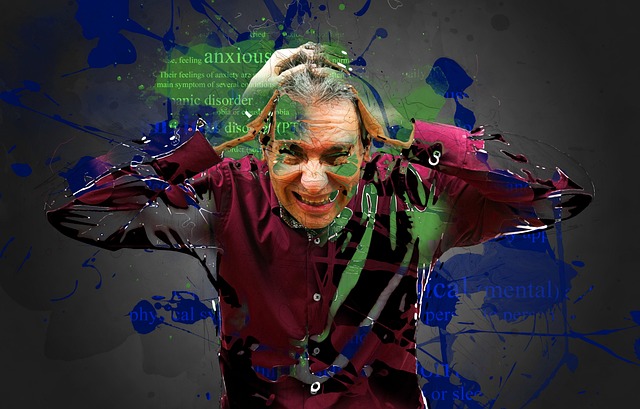Emotional Intelligence (EQ) is a critical factor for success, and Boulder Independent Medical Evaluations Therapy specializes in enhancing EQ through evidence-based practices. Their holistic approach includes self-awareness, emotional regulation, and cultural sensitivity, creating safe spaces for clients to explore and grow. By evaluating emotional responses and strengths, they offer tailored therapy and wellness coaching, improving relationship dynamics and stress reduction. This method not only promotes mental resilience but also helps individuals manage intense emotions during crises. Regular reflection and empathy cultivation through their services enable self-discovery, personal growth, and improved mental well-being, while reducing burnout in healthcare providers and stigma within society.
Emotional intelligence (EQ) is a powerful tool for personal growth and successful relationships. This article explores the multifaceted aspects of building EQ, from understanding its fundamental role in our lives to practical strategies for enhancing self-awareness and empathy. We delve into the unique contribution of Boulder Independent Medical Evaluations in EQ development and uncover the transformative power of therapy as a catalyst for emotional growth. Learn how to integrate EQ into daily life and strengthen relationships through proven methods.
- Understanding Emotional Intelligence: Unlocking Its Potential
- The Role of Boulder Independent Medical Evaluations in EQ Development
- Therapy as a Catalyst for Enhancing Emotional Intelligence
- Practical Strategies to Build Self-Awareness and Empathy
- Integrating Emotional Intelligence into Daily Life and Relationships
Understanding Emotional Intelligence: Unlocking Its Potential

Emotional intelligence (EQ) is a powerful tool that can significantly enhance our personal and professional lives. It involves recognizing, understanding, and managing one’s own emotions, as well as empathizing with others. This ability to perceive and navigate complex social dynamics fosters better relationships, improves communication, and enhances problem-solving skills. For individuals seeking support, Boulder Independent Medical Evaluations Therapy offers a specialized approach to help unlock EQ’s full potential.
Through evidence-based practices, therapy sessions focus on cultivating self-awareness, developing emotional regulation strategies, and fostering cultural sensitivity in mental healthcare practice. By addressing risk assessment for mental health professionals and implementing robust risk management planning, the therapeutic environment becomes a safe space for exploration and growth. This holistic approach not only empowers clients to navigate their emotions but also equips them with the skills to build resilient relationships, ultimately leading to improved mental well-being.
The Role of Boulder Independent Medical Evaluations in EQ Development

Boulder Independent Medical Evaluations play a pivotal role in fostering Emotional Intelligence (EQ) development. These evaluations provide an opportunity for individuals to gain profound insights into their emotional responses, strengths, and areas that require improvement. Through detailed assessments, therapists can offer tailored therapy and mental wellness coaching programs designed to enhance self-awareness and emotional regulation skills. By integrating Boulder Independent Medical Evaluations into personal growth journeys, individuals can better navigate life’s challenges, improve relationships, and develop effective stress reduction methods.
Additionally, crisis intervention guidance is a valuable component often associated with these evaluations. Such guidance equips individuals with tools to manage intense emotions during stressful situations, thereby promoting mental resilience. As EQ development progresses, one can expect improved decision-making abilities, enhanced empathy towards others, and better overall mental wellness. This holistic approach ensures that individuals not only understand their emotional landscape but also learn practical strategies for maintaining balance in a fast-paced world.
Therapy as a Catalyst for Enhancing Emotional Intelligence

Therapy plays a pivotal role in enhancing emotional intelligence by providing individuals with the necessary tools to navigate their feelings and understand themselves on a deeper level. Through Boulder Independent Medical Evaluations Therapy, clients learn to identify and manage their emotions effectively, fostering self-awareness and empathy towards others. This process is crucial for personal growth and can significantly boost one’s confidence. By delving into past experiences and exploring present challenges, individuals gain insights that enable them to respond thoughtfully rather than reacting impulsively in emotionally charged situations.
Moreover, therapy is instrumental in Burnout Prevention Strategies for Healthcare Providers. It equips professionals with emotional resilience, crucial for navigating the demanding healthcare landscape. In addition, these sessions contribute to Mental Illness Stigma Reduction Efforts by creating safe spaces where individuals can openly discuss their struggles without fear of judgment. This not only promotes self-acceptance but also encourages empathy and understanding in society at large.
Practical Strategies to Build Self-Awareness and Empathy

Building self-awareness is a cornerstone of emotional intelligence and mental health awareness. It involves understanding your emotions, strengths, weaknesses, and how they impact your interactions with others. One effective strategy to enhance self-awareness is through regular reflection practices. Set aside time each day to introspect, considering your feelings, thoughts, and behaviors throughout the day. Journaling can also be a valuable tool; writing down your experiences allows you to gain clarity on your emotional responses and identify patterns. These self-reflection exercises, when coupled with Boulder independent medical evaluations, can provide profound insights into your mental health status and areas for growth.
Empathy, another key component, is fostered by putting yourself in others’ shoes and recognizing their feelings and perspectives. Start by actively listening to those around you, paying close attention to non-verbal cues. Engage in open conversations, showing genuine interest in understanding their experiences. Self-awareness exercises can further enhance empathy by helping you recognize your emotional reactions and how they might influence your interpretations of others’ situations. Moreover, incorporating these strategies into your routine encourages better risk assessment for mental health professionals, fostering more compassionate and effective therapy sessions.
Integrating Emotional Intelligence into Daily Life and Relationships

Integrating emotional intelligence into daily life is a powerful way to enhance relationships and overall well-being. This involves recognizing and understanding your own emotions, as well as those of others, and responding in a thoughtful and constructive manner. By practicing self-care and developing healthy coping mechanisms, individuals can better navigate challenging situations and foster meaningful connections. For instance, engaging in regular therapy or Boulder independent medical evaluations can provide valuable tools for emotional intelligence development, offering insights into one’s thoughts and feelings and promoting positive mental health.
Emotional intelligence isn’t just about managing emotions; it’s also about using them to guide decisions and actions. By incorporating self-care practices and being mindful of our interactions, we can improve communication, resolve conflicts more effectively, and build stronger relationships. This proactive approach not only benefits personal growth but can also be a powerful strategy for depression prevention, as it empowers individuals to recognize and address emotional triggers early on.
Emotional intelligence, a powerful tool for personal growth and improved relationships, can be cultivated through various methods. By understanding its fundamentals, leveraging resources like Boulder Independent Medical Evaluations for insights, and engaging in therapy to address underlying issues, individuals can enhance their EQ significantly. Practical strategies focusing on self-awareness and empathy provide tangible steps toward emotional maturity. Integrating these practices into daily life fosters deeper connections and enhances overall well-being, making emotional intelligence a valuable asset in both personal and professional spheres.
